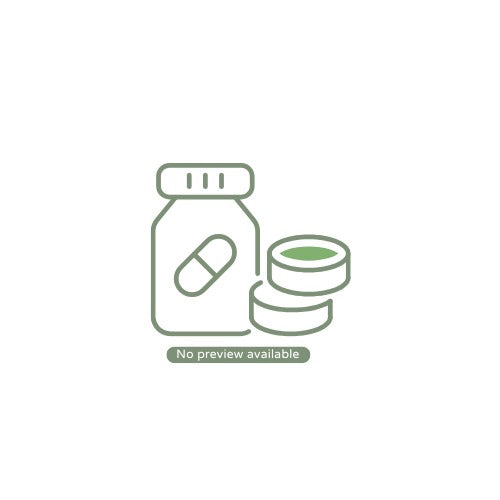GTN (Glyceryl Trinitrate)
Reliable shipping
Flexible returns

Glyceryl Trinitrate (GTN) is a potent medication primarily used for the management of angina pectoris, a condition characterized by chest pain due to reduced blood flow to the heart. GTN works as a vasodilator, relaxing and widening blood vessels to improve blood flow and reduce the heart's workload.
Some of the key highlights of GTN include:
- Mechanism of Action: GTN releases nitric oxide, which helps to relax smooth muscle in blood vessels, leading to vasodilation and improved oxygen delivery to the heart.
- Forms of Administration: GTN is available in various forms including sublingual tablets, sprays, patches, and intravenous formulations, allowing for flexible usage based on patient needs.
- Rapid Onset: Sublingual GTN provides quick relief from angina attacks, typically acting within minutes, making it a vital option for acute management.
- Long-term Management: GTN patches can be used for continuous delivery, helping to prevent angina episodes over extended periods.
- Side Effects: Common side effects may include headaches, dizziness, and flushing, which are generally mild but should be monitored.
- Considerations: Patients should be aware of potential interactions with other medications, particularly those used for erectile dysfunction, which can lead to severe hypotension.
- Patient Education: It is crucial for patients to understand the proper usage of GTN, including the correct administration technique and the importance of adhering to prescribed dosages.
Overall, GTN is a vital tool in managing angina and improving quality of life for individuals with coronary artery disease, helping them lead more active and fulfilling lives.
- Glyceryl Trinitrate
- Alcohol
- Propylene Glycol
- Purified Water
- Sodium Chloride
Glyceryl Trinitrate (GTN) is commonly used to treat angina pectoris and other heart-related conditions. To use GTN effectively, follow these detailed instructions:
Consult your healthcare provider to ensure GTN is appropriate for your condition. Discuss your medical history and any medications you are currently taking.
Read the patient information leaflet that comes with the medication for specific instructions and precautions.
For sublingual tablets or sprays:
- Place the tablet under your tongue or spray the medication directly onto or under your tongue.
- Do not swallow the tablet or drink any liquids until the tablet has completely dissolved.
- If using a spray, avoid inhaling the mist. Allow the medication to absorb fully before swallowing.
For patches:
- Apply the patch to a clean, dry area of skin, preferably on the upper arm or chest.
- Press down firmly for about 10 seconds to ensure it adheres properly.
- Change the patch at the same time each day and rotate the application site to prevent skin irritation.
Use GTN as prescribed by your doctor. Typically, the medication is taken at the first sign of chest pain or as a preventative measure before activities that may trigger angina.
Monitor your body's response to the medication. Common side effects include headaches, dizziness, or flushing. If side effects are severe or do not subside, contact your healthcare provider.
If you experience chest pain that does not improve within a few minutes after using GTN, seek emergency medical assistance.
Store GTN at room temperature, away from light and moisture. Keep it out of reach of children and do not use it after the expiration date. Regularly review your treatment plan with your healthcare provider to ensure it remains effective and safe for your needs.